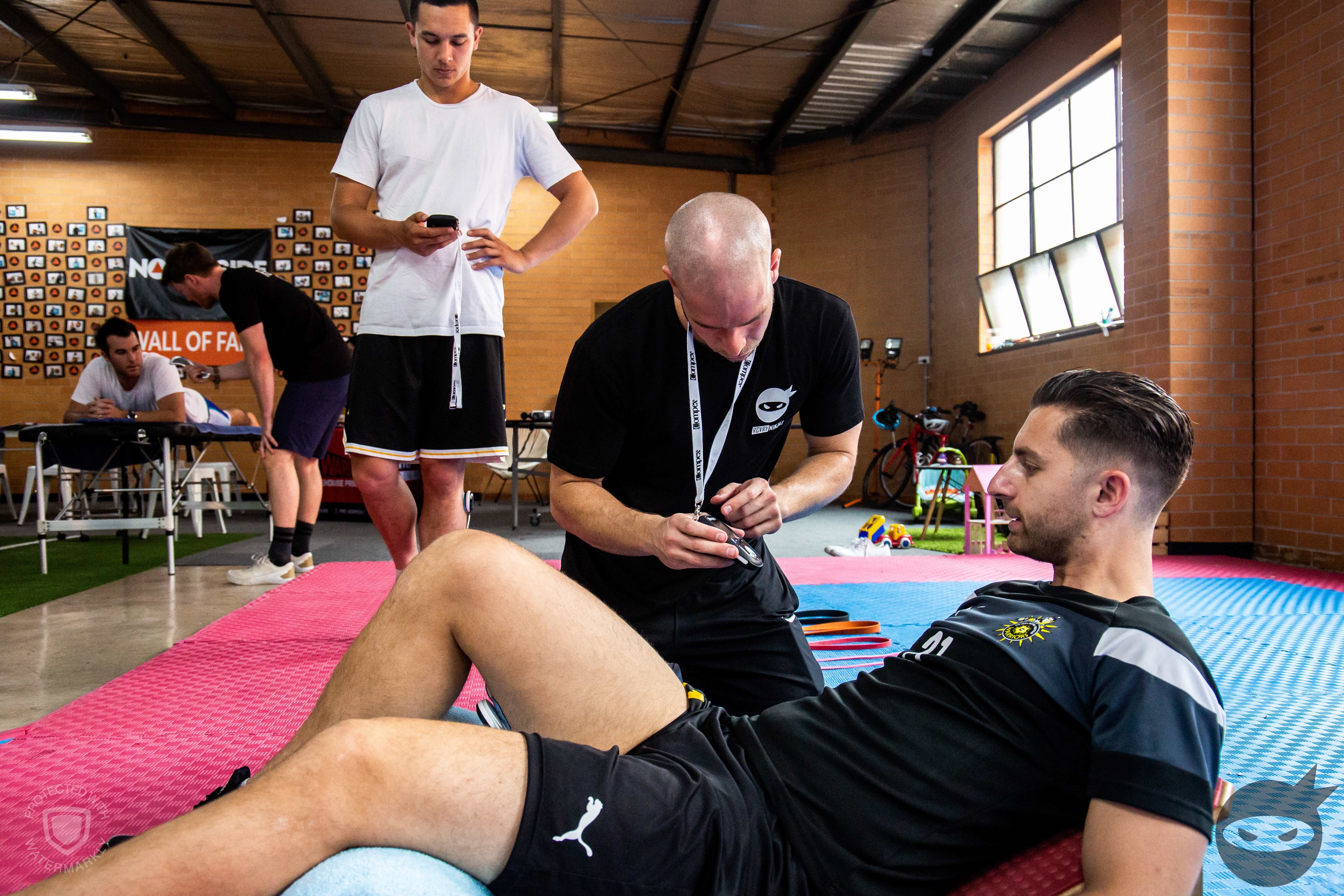You might see an AEP to help you:
- Overcome an injury
- Improve your heart health
- Athlete development & movement efficiency
- Cardiac rehabilitation
- Control your diabetes
- Improve your general health and wellbeing
AEPs also provide:
- Safe manual handling at the work place
- Perform functional assessments
- Carry out sub-maximal and maximal fitness tests
- Perform body composition tests and musculoskeletal assessments
- Provide lifestyle education to help people manage their health conditions.
In Australia, we have the unique situation where we’re working backwards. We have the existing resources and infrastructure including the specialised workforce of Exercise Physiologists and the Medicare subsidies which enable Australians to access these services, but we need to significantly increase our activity levels as 70% of Australians are not active enough.
AEP vs. Personal Trainers
AEPs are allied-health professionals with Medicare Provider numbers and are trained members of the health and medical sector. Fitness professionals (e.g. personal trainers) are members of the sport and recreation sector. There is a significant difference between the two levels of qualification.
| Personal Trainer | Accredited Exercise Physiologist (AEP) |
| The Personal Fitness Trainer Qualification (Certificate 4) may be completed in less than 8 weeks of training. | Allied Health Provider |
| Qualified and insured to design and deliver fitness programs to persons of low risk only (i.e. “apparently healthy populations”). | 4-5 Year University Degree qualified and accredited with ESSA |
| Over 500 Hours of practical experience with clinical and healthy populations upon graduating | |
| Specialise in graded exercise therapy and lifestyle interventions for persons at risk of developing, or with existing chronic and complex medical conditions and injuries (i.e. ‘specific populations’) |

